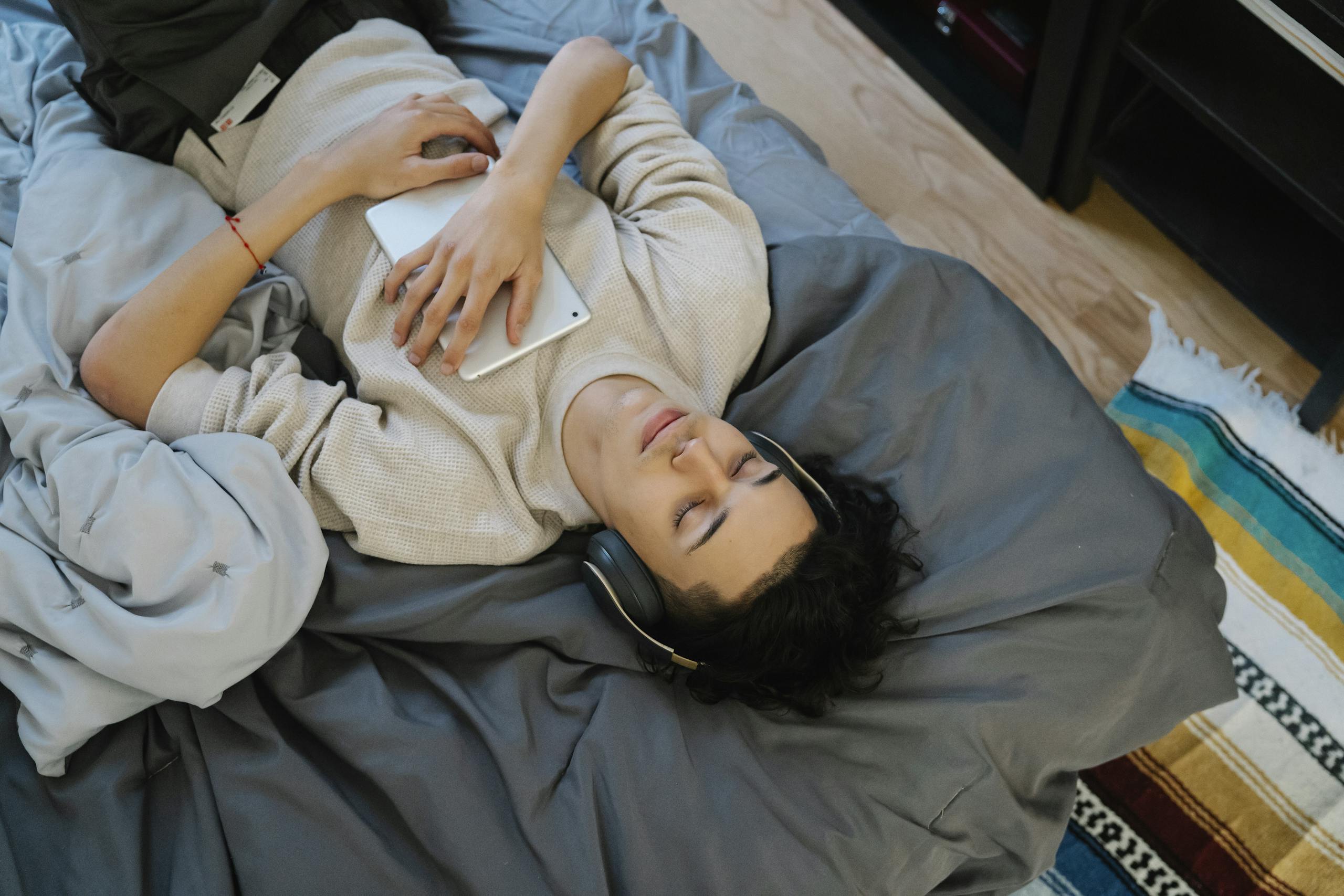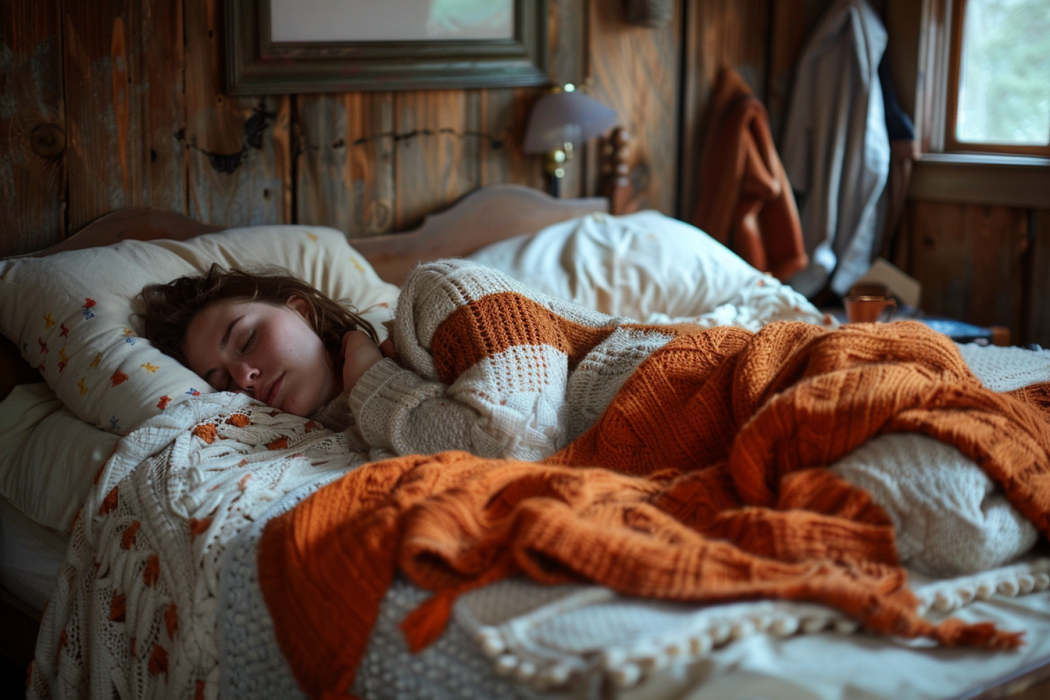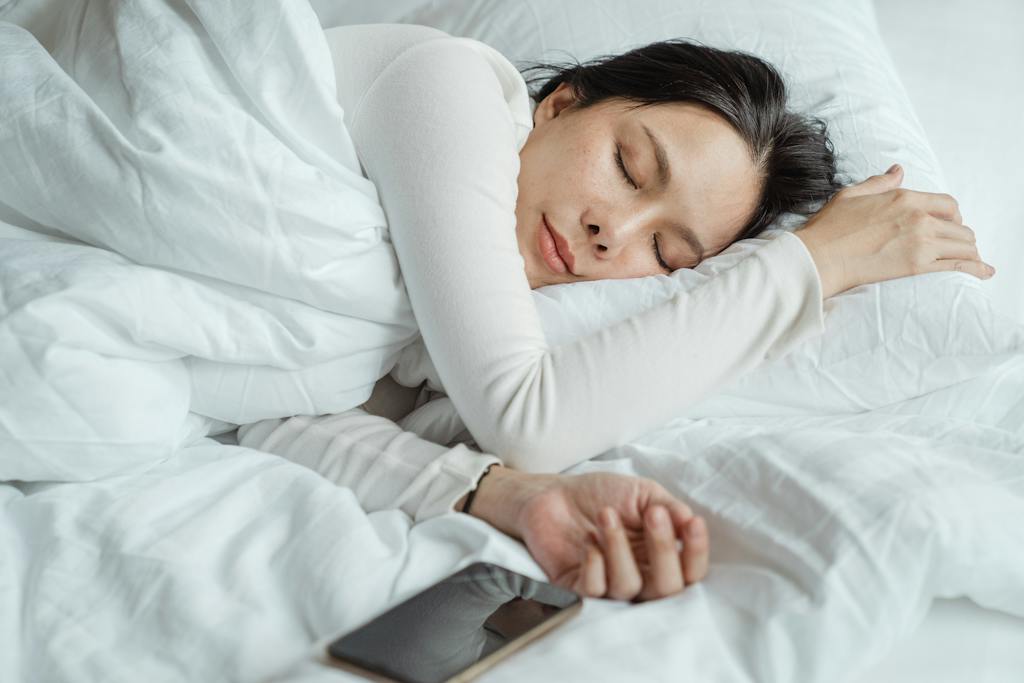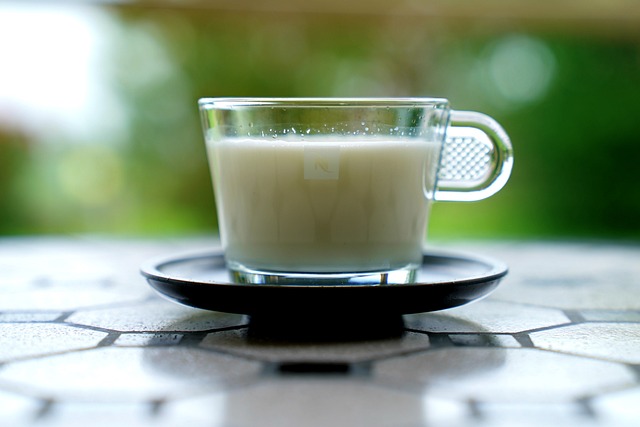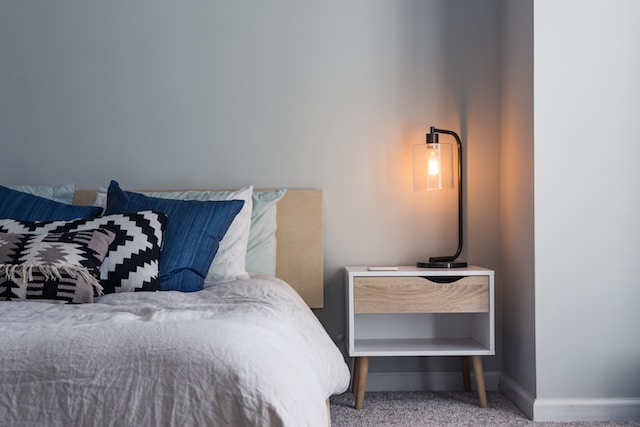The Best Sleep Aids For Different Sleep Issues: What To Try Based On Your Needs
There are some affiliate links below, but they are all products I highly recommend. For more info, view my disclosure here.
Are you struggling to get a good night’s sleep? Do you find yourself tossing and turning, unable to drift off into a peaceful slumber? You’re not alone. Many people suffer from sleep issues that can negatively impact their health and overall well-being.
But there’s good news – there are plenty of sleep aids available to help you get the rest you need. From herbal remedies to over-the-counter medications to lifestyle changes, there are many options to choose from.
But with so many choices, it can be difficult to know which one is right for you. That’s where this guide comes in. We’ll help you understand your sleep issues, explore the different types of sleep aids available, and give you tips for choosing the best one based on your needs.
Let’s dive in and start getting the sleep you deserve.
Understanding Your Sleep Issues
You’re not alone in struggling with sleep issues, but taking the time to understand your specific needs and habits can lead to a more effective solution.
Start by identifying the type of sleep problem you’re experiencing. Are you having trouble falling asleep? Do you wake up frequently during the night? Is your sleep disrupted by snoring or sleep apnea? Once you have a better idea of what’s causing your sleep issues, you can take the appropriate steps to address them.
Another important factor to consider is your sleep environment. Is your bedroom conducive to sleep? Is it quiet, cool, and dark? Are you comfortable in your bed? Making adjustments to your sleeping environment can often make a big difference in the quality of your sleep.
Consider your lifestyle habits. Are you drinking caffeine or alcohol too close to bedtime? Are you staying up late watching TV or using your phone? These habits can negatively impact your sleep patterns and may need to be adjusted.
It’s important to address any underlying medical or mental health issues that may be contributing to your sleep problems. Conditions such as depression, anxiety, or chronic pain can all impact your ability to sleep. Discussing these issues with your healthcare provider can help you identify the appropriate treatment options to improve your sleep.
Remember, understanding your specific sleep needs and habits is the first step in finding the best solution to your sleep issues.

Herbal Remedies for Better Sleep
Looking for a more natural way to improve your sleep? Consider trying out some herbal remedies that have been known to promote better sleep. Herbal remedies have been used for centuries to help with sleep, and many have been found to be effective for some people.
Here are a few options to consider:
As with any herbal remedy, it’s important to talk to your doctor before trying passionflower, especially if you are taking any medications.
Over-the-Counter Medications for Sleep
If you’re struggling to fall asleep, over-the-counter medications can provide a quick and easy solution. These medications are available without a prescription and can be found at your local drugstore. They can help you fall asleep faster and stay asleep longer, which can lead to better overall health.
One popular over-the-counter sleep aid is melatonin. This hormone is naturally produced in the body and helps regulate sleep-wake cycles. Taking a melatonin supplement can help reset your body’s internal clock and promote better sleep. It’s important to follow the recommended dosage and timing instructions as taking too much can actually disrupt your sleep.
Another option is diphenhydramine, which is commonly found in products like Benadryl. This antihistamine can cause drowsiness and is often used to treat allergies, but it can also be used as a sleep aid. However, it’s important to note that diphenhydramine can cause grogginess or dizziness the next day, so it’s best to only use it occasionally and not rely on it as a long-term solution.
As always, it’s important to talk to your doctor before starting any new medication.
Lifestyle Changes to Improve Your Sleep
Making small changes to your daily routine can help improve the quality of your sleep and leave you feeling more rested and rejuvenated in the morning. Avoid caffeine in the afternoon and create a calming bedtime ritual.
Establish a consistent sleep schedule by going to bed and waking up at the same time every day, even on weekends. This helps regulate your body’s internal clock and promotes better sleep.
Ensure that your sleeping environment is cool, dark, and quiet. Use blackout curtains or a sleep mask to block out any light. Consider using a white noise machine or earplugs to drown out any outside noise. Your bed should be comfortable and supportive, with clean sheets and pillows.
Limit your exposure to electronic devices before bedtime. The blue light emitted from phones, tablets, and computers can interfere with your body’s production of melatonin, a hormone that helps regulate sleep. Instead, read a book, take a warm bath, or practice relaxation techniques such as deep breathing or meditation.
These small changes can make a big difference in the quality of your sleep and overall well-being.
Choosing the Right Sleep Aid for You
To find the right sleep aid for you, it’s important to consult with your doctor and discuss any concerns or questions you may have. There are different types of sleep aids available, and the best one for you will depend on the type of sleep issue you are experiencing.
For instance, if you have trouble falling asleep, you may benefit from taking a medication that helps you relax. However, if you have trouble staying asleep, you may need a medication that helps you stay asleep.
It’s important to note that many sleep aids can be habit-forming, so it’s important to use them as directed by your doctor. Some sleep aids can cause side effects, such as drowsiness or dizziness, so it’s important to be aware of these and to avoid driving or operating heavy machinery while taking them.
In addition to medications, there are also natural sleep aids that may be helpful for some people. These include things like valerian root, melatonin, chamomile tea, and lavender oil. Again, it’s important to discuss these options with your doctor before trying them, as they may interact with other medications you are taking or have other potential risks.
By working with your doctor and trying different sleep aids, you can find the right solution for your specific sleep issues and get the restful, rejuvenating sleep you need to feel your best.

Now that you’ve got a better understanding of the different types of sleep issues and the various sleep aids available, you can make an informed decision about what might work best for you.
Remember, it’s important to talk to your doctor before starting any new sleep aid, especially if you have any pre-existing medical conditions or are taking other medications.
If you prefer a natural approach, herbal remedies like chamomile tea or valerian root may be worth a try.
For more severe sleep issues, over-the-counter medications like melatonin or diphenhydramine may be more effective.
And don’t forget, lifestyle changes like creating a relaxing bedtime routine or limiting screen time before bed can also make a big difference in getting a good night’s sleep.
Sweet dreams!
